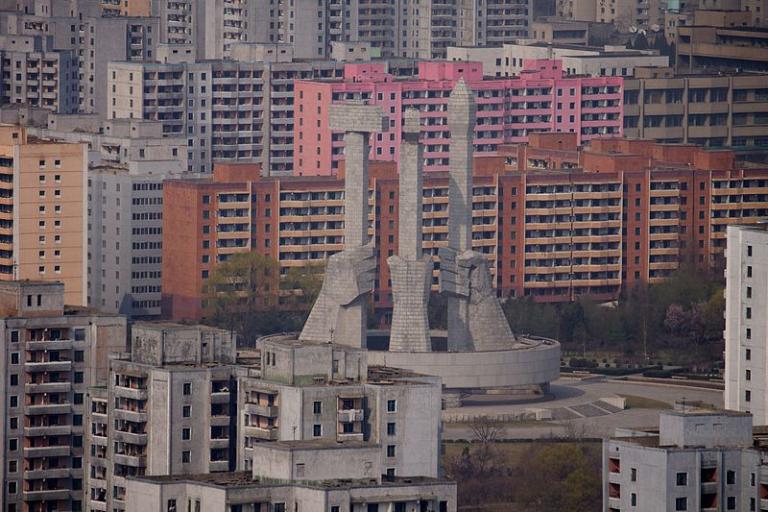That’s the gist of a Jimmy Carter op-ed piece, apparently originally published in the Washington Post a week ago, and republished in the Chicago Tribune yesterday.
It is, of course, good for laughs. He makes the quite reasonable point that top officials generally do not suffer from economic sanctions, but then gives us two contradictory reasons why they should be abandoned:
In Cuba, the government, he tells us, the government craftily tells its people that their economic suffering is due to the embargo, and they believe and blame the U.S., not their own regime, and this serves to strengthen the regime, since they portray themselves as defenders of the Cuban people. Well, yeah — as long as the Cuban government controls what the people know about the outside world, they can feed them any nonsense they want, but that doesn’t mean that allowing or not allowing American businesses to do business with the Cuban government will make a difference. Heck, we could lift the embargo and Castro could still spin any tale he wished about why party officials are the only ones who have benefitted.
For laughs, here’s his assessment of the living situation of ordinary Cubans:
Many Cuban families are deprived of good incomes, certain foods, cellphones, Internet access and basic freedoms, but at least they have access to a good education and health care, and they live in a tropical environment where the soil is productive and where some fortunate families may have trees that bear bananas and other fruit.
And with respect to North Korea, he tells us that we should restore food aid because “the government gave an official guarantee that all such food deliveries could be monitored by the United States and other donors.” Because, apparently, “official guarantees” are so credible that’s all we need?
And here’s his logic on why withholding food aid harms, rather than benefits, the cause of freedom in North Korea:
There is no excuse for oppression by a dictatorial regime, but the degree of harsh treatment depends at least partially on the dissatisfaction of the citizens. Starving people are more inclined to demand relief from their plight, protest and be punished or executed.
Which is one of the more bizarre formulations I’ve seen in a while: “let’s keep the North Koreans well-fed enough to be docile, to save them from the punishment that’d befall them for protesting.” Never mind that, in the recent past, North Korea has alternated between allowing, or declining to enforce restrictions against, small-scale free enterprise, when its economy was crippled, and cracking down again when conditions improved or sanctions were eased.












